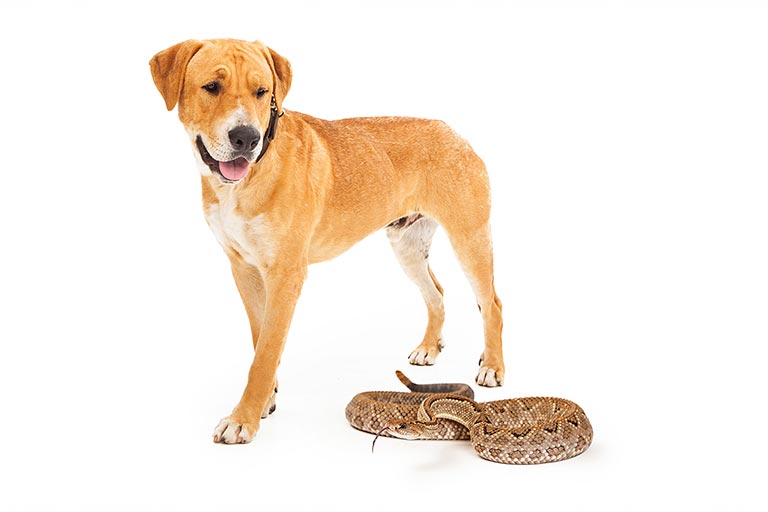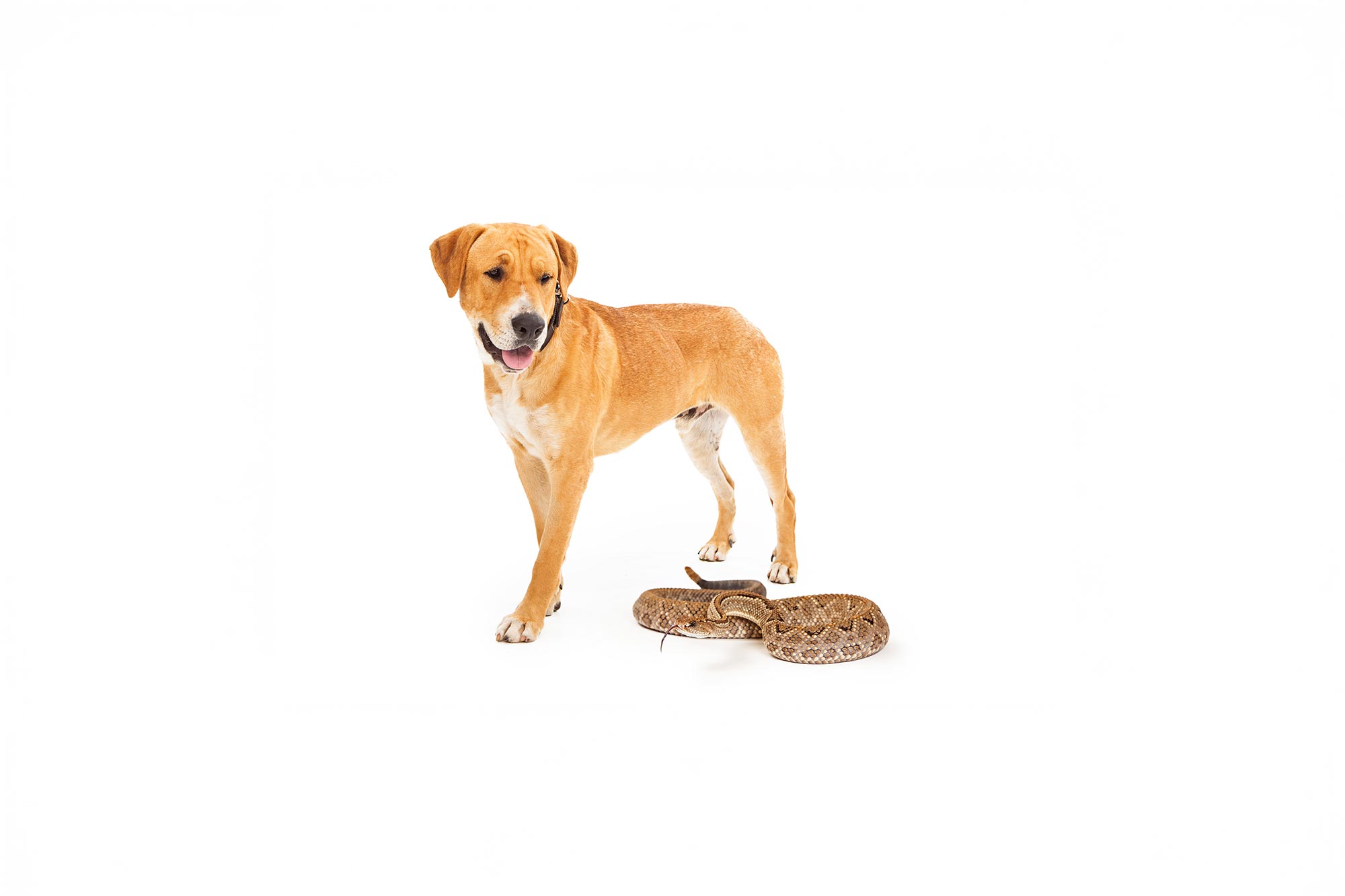Snake Safety for Pets: What to Do if Your Dog or Cat Encounters a Snake

San Antonio’s warm climate makes it a prime spot for slithery summer wildlife hazards—including snakes. While many snakes in the area are harmless, some pose serious risks to curious pets. At Borgfeld Animal Hospital, we want to help you keep your furry companions safe with expert advice on snake safety for pets. Read on to learn how to protect your dog or cat from snake encounters and what to do if they get bitten.
How To Prevent Snake Encounters
The best way to protect your pet from snakes is to avoid encounters in the first place. Here’s how you can minimize the risk:
- Stick to clear paths. Keep dogs on a leash and avoid tall grass, rocky areas, or wood piles where snakes may hide.
- Maintain your yard. Trim the grass, remove debris, and seal gaps under porches or sheds where snakes could take up residence.
- Be cautious near water. Snakes often gather near ponds, lakes, and streams, especially in hot weather.
Taking these steps can help you reduce the chances of a surprise snake encounter—but sometimes, curiosity gets the better of our four-legged friends.
Signs a Snake Has Bitten Your Pet
If your dog or cat has a run-in with a snake, it’s crucial to know the signs of a bite. Symptoms can vary depending on whether the snake is venomous, but watch for:
- Sudden swelling, especially on the face, legs, or paws
- Puncture wounds (though they may be hard to see through fur)
- Pain, whimpering, or yowling
- Lethargy or weakness
- Drooling or difficulty breathing
- Vomiting or trembling
If you notice any of these signs, assume your pet may have been bitten and take action immediately.
What To Do if Your Pet Has Been Bitten
If you suspect your pet has suffered a snake bite, follow these steps:
- Stay calm. Your pet will pick up on your stress, so keeping cool is key.
- Limit movement. If possible, carry your pet to the car to prevent the venom from spreading quickly.
- Do NOT try home remedies. Avoid using a tourniquet or applying ice—these methods can do more harm than good.
- Get to a vet immediately. During office hours, call us so we can prepare for urgent treatment. We may direct you to a local emergency veterinary practice, depending on the situation. If your pet needs attention outside our office hours (Monday through Friday, 7:30 a.m. to 5:30 p.m.), call one of these emergency practices and let them know you and your pet are on your way.
Time is of the essence when dealing with snake bites in dogs and cats, so acting fast can make a big difference in your pet’s recovery.
Treating and Recovering From a Snake Bite
Once at the vet, your pet’s treatment will depend on the type of snake and the severity of the bite. Possible treatments include:
- Antivenom (if needed) to counteract the effects of venomous bites
- Pain relief and anti-inflammatory medication to reduce swelling and discomfort
- IV fluids to stabilize blood pressure and hydration
- Wound care to prevent infection
Recovery time varies, but most pets bounce back quickly with prompt treatment. Your veterinarian will provide aftercare instructions to help your pet heal at home.
Keep Your Pet Safe From Snakes This Summer
Snake safety for pets is all about prevention, awareness, and quick action in an emergency. You can keep your dog or cat safe from summer wildlife hazards by staying vigilant and knowing what to do.
If your pet has a run-in with a snake or you have questions about keeping them protected, our team at Borgfeld Animal Hospital is here to help. Call us at (830) 313-5290 to schedule a wellness visit or discuss concerns about your pet’s safety. For after-hours emergencies, contact one of these emergency veterinary practices. We’re dedicated to keeping your pets happy, healthy, and (most importantly) snake-free!

